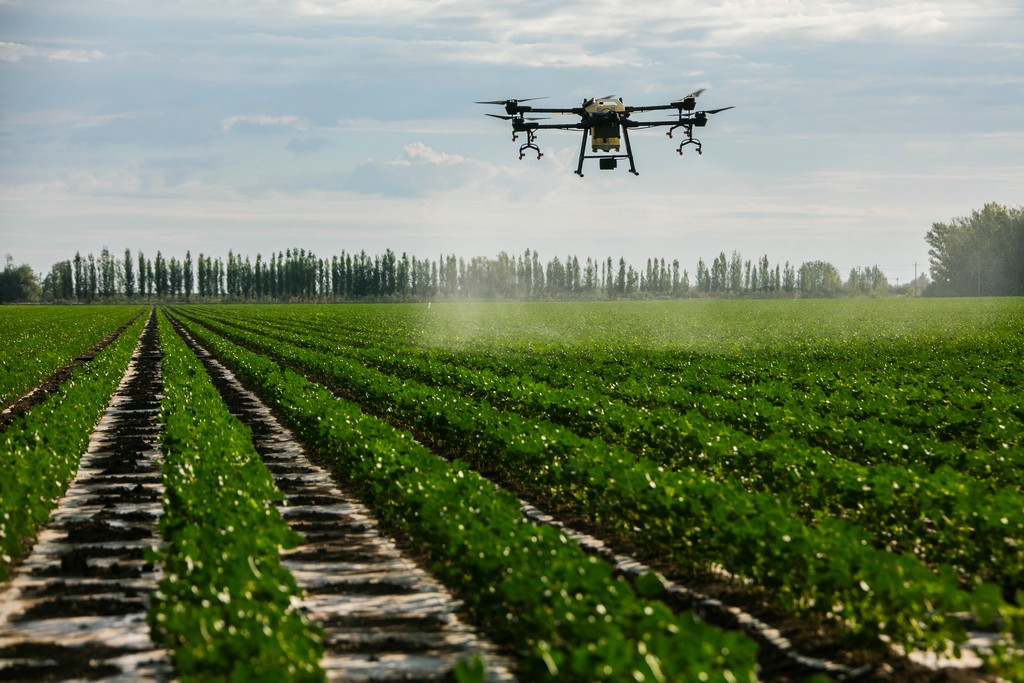As the world’s population continues to grow, the demand for food is increasing at an unprecedented rate. To meet this demand while also addressing environmental concerns, the agriculture industry is turning to innovative solutions, and one of the most promising developments is the concept of unmanned farms. Unmanned farms, powered by automation and advanced technology, are poised to transform agriculture into a more sustainable and efficient industry.
One of the primary advantages of unmanned farms is their potential to reduce the environmental impact of agriculture. These farms can use sensors and data analytics to precisely monitor soil conditions, crop health, and weather patterns. By optimizing irrigation, fertilization, and pest control, unmanned farms can minimize the use of resources such as water and chemicals, ultimately leading to a decrease in environmental pollution and soil degradation.
Furthermore, unmanned farms can play a significant role in addressing the challenges posed by climate change. With the ability to adapt quickly to changing weather conditions and optimize crop management, these farms are more resilient in the face of extreme weather events, such as droughts or floods. This resilience can help ensure a stable food supply even in the midst of climate-related disruptions.
In addition to their environmental benefits, unmanned farms can also improve food security. By increasing the efficiency and productivity of agriculture, they can produce higher yields with fewer resources. This, in turn, can lead to greater food availability and affordability, particularly in regions where food scarcity is a concern.
Moreover, unmanned farms can help mitigate labor shortages in the agriculture industry. With the average age of farmers increasing and a decreasing interest among younger generations in pursuing farming careers, automation can fill the labor gap. Robots and autonomous machinery can handle repetitive and physically demanding tasks, allowing human workers to focus on more strategic aspects of farming, such as crop selection and marketing.
However, the adoption of unmanned farms is not without its challenges. The initial investment in automation technology can be costly, making it less accessible to small-scale farmers. There are also concerns about data security and privacy, as the collection and analysis of large amounts of farm data become central to unmanned farming operations.
In conclusion, unmanned farms have the potential to revolutionize agriculture and make it more sustainable, efficient, and resilient in the face of environmental challenges. While there are hurdles to overcome, such as cost and data security, the benefits they offer in terms of resource optimization, climate resilience, and food security are compelling. Unmanned farms represent a significant step toward a more sustainable and food-secure future.







Please sign in to comment
register